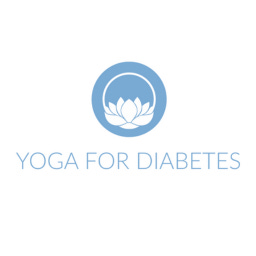
Yoga for Diabetes Blog and Newsletter
A newsletter and blog about my life with Type 1 diabetes as a Yogi and Yoga teacher
By registering you agree to Substack's Terms of Service, our Privacy Policy, and our Information Collection Notice

A newsletter and blog about my life with Type 1 diabetes as a Yogi and Yoga teacher